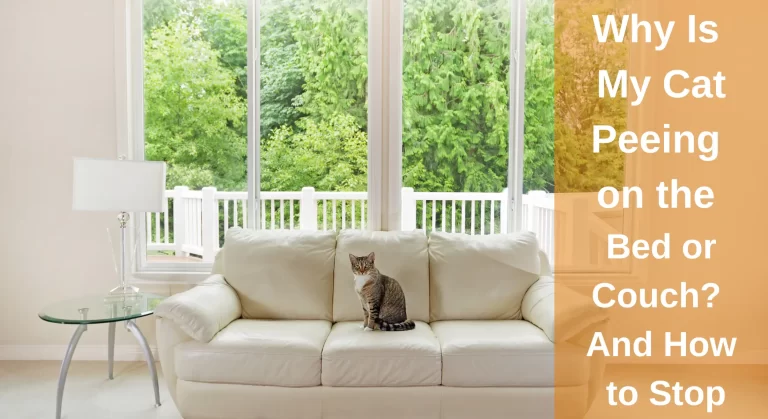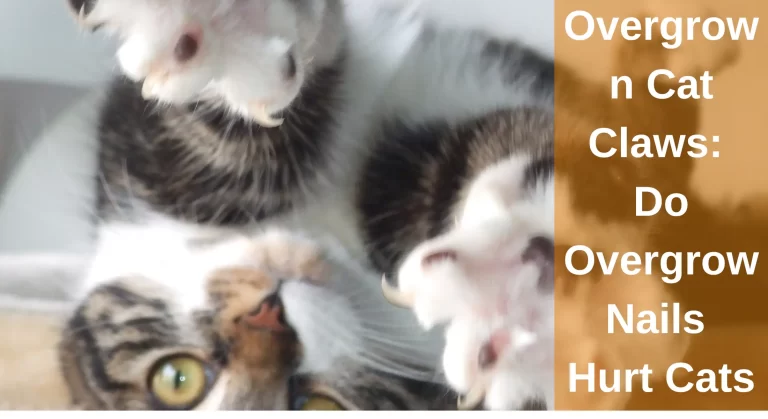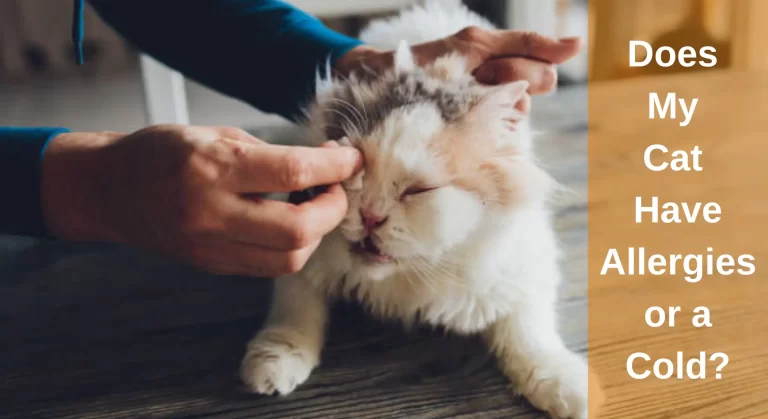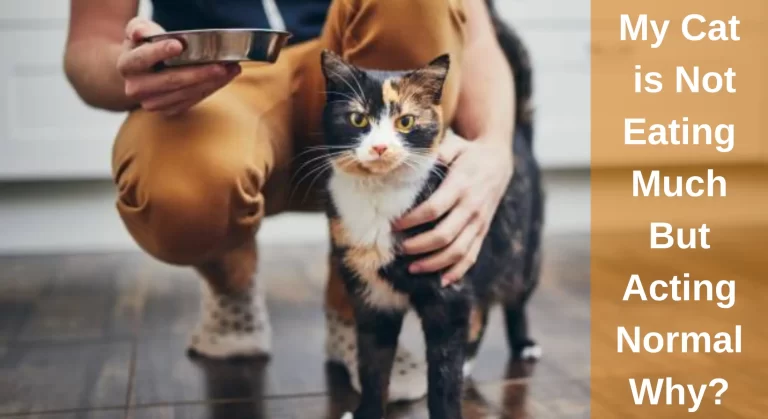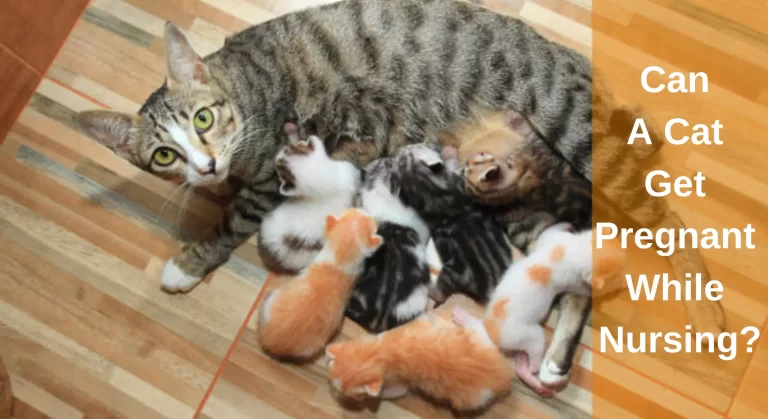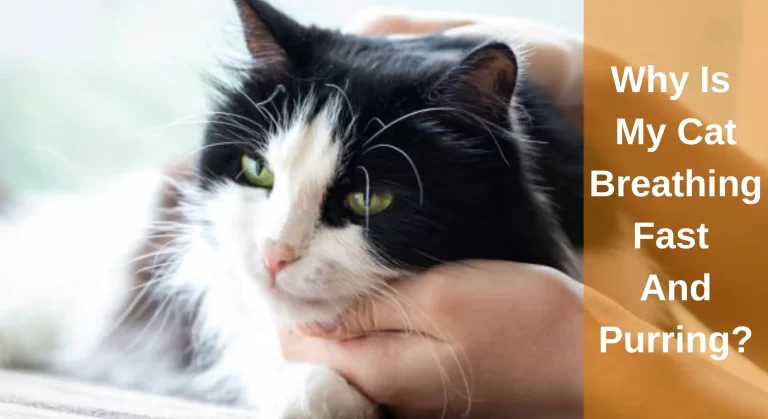Signs Your Cat is Dying of Thyroid Disease: All You Need To Know
The common illness of hyperthyroidism, also known as thyroid disease, affects many middle-aged and senior cats, and it is important to catch thyroid disease early on if it is to be treated successfully.
Each cat has two thyroid glands situated on either side of the windpipe in the neck. The thyroid hormone controls many of the organs in cats’ bodies. In hyperthyroidism, the thyroid glands in the neck create excessive amounts of thyroid hormone, which causes the body’s processes to accelerate. When the thyroid gland malfunctions, it can have severe health consequences.
Signs Your Cat is Dying of Thyroid Disease: The following symptoms should be on your radar: weight loss, nausea and vomiting, urinary incontinence, heart issues, High blood pressure, and seizures.
In order to diagnose hyperthyroidism in cats, it is crucial to know the signs and symptoms early on. It is much more likely that a treatment will be successful if it is treated at an early age. Read on to learn some severe signs of Thyroid disease and common clinical symptoms in cats.
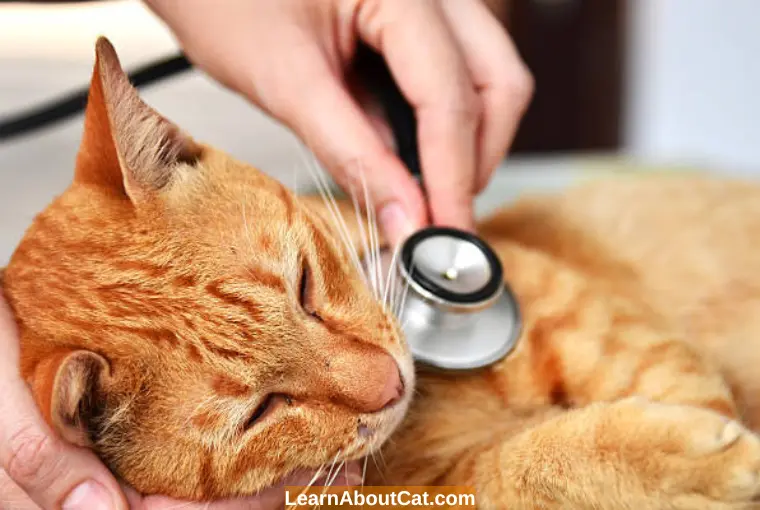
What is Cat Thyroid Disease?
About 10% of cats over the age of ten have thyroid illness, a common endocrine ailment. If the disease is detected in time, it may be treated, and many cats fully recover. Hypothyroidism occurs when the body produces less amount of thyroid hormone.
This is extremely rare in cats as a naturally occurring disorder. However, it may be noticed as a side effect of some therapies. Thyroid supplements work well for this disease.
Clinical Symptoms of Thyroid Illness
Thyroid illness symptoms are frequently hazy, dramatic, and diverse. The cat appears energetic and healthy in the early stages.
When your cat breathes, if it sounds congested, its thyroid glands are likely blocking the airways. Although this is an uncommon indication of hyperthyroidism, it must be handled carefully if it does start to happen.
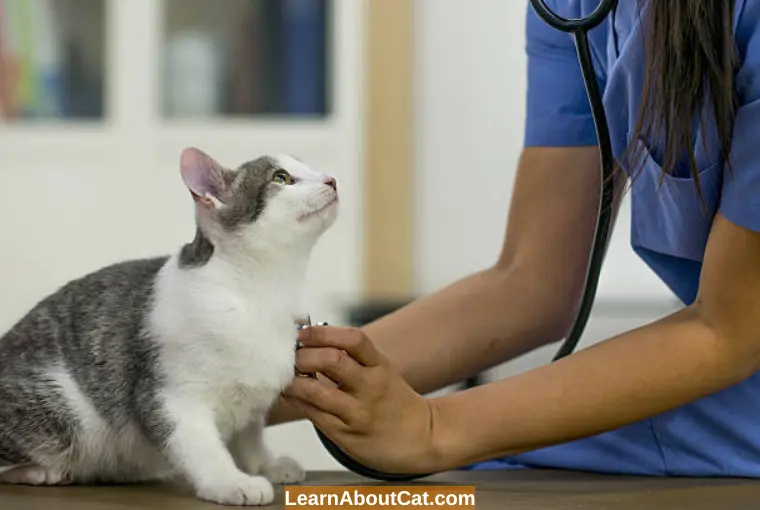
Symptoms of feline thyroid illness are as follows:
- Vomiting
- Weight loss
- Hyperactivity, especially anxiety or restlessness
- Higher appetite
- The poor state of the coat
- Hefty, delicate claws
- Quick heartbeat
- Overgrooming
- Increased urination
- Excessive Thirst
- A shift in behaviour, anxiousness, and bowling at night
- Diarrhoea and illness
- Unrest brought on by increased central nerve stimulation
Some hyperthyroid cats exhibit compulsive behaviour accompanied by excessive licking and grooming. Alopecia, skin rashes, and bald spots on the skin might arise from this. Cats with advanced hyperthyroidism may have thicker, more fragile-looking nails than usual.
Also Read: How Do Cats Act When They are Dying?
Is Cat Hyperthyroidism Fatal?
If detected early, hyperthyroidism is entirely curable. The cat’s blood pressure increases as a result of abnormal thyroid levels. In afflicted cats, lowering excessive blood pressure is crucial to resolving the related problems.
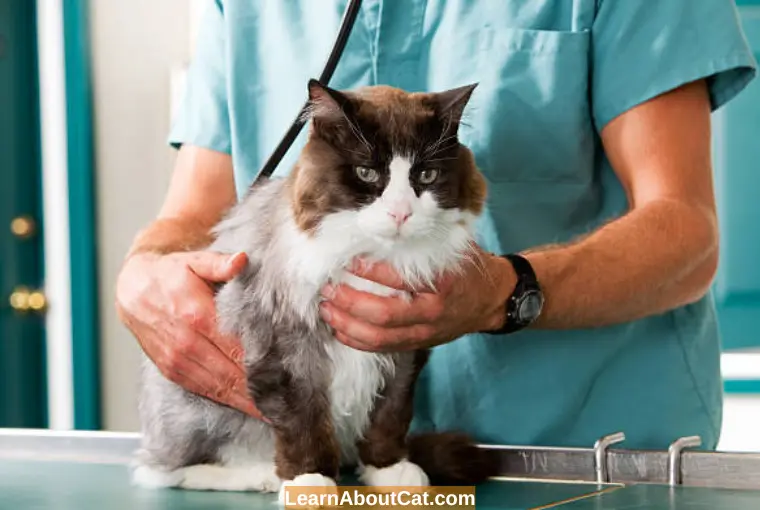
Surgery to remove the thyroid glands or medications like methimazole that reduce T3 and T4 production are the two most popular approaches to treat this condition. You might also try a low-iodine diet or radioactive iodine therapy.
Unfortunately, the early indications of hyperthyroidism are frequently ignored, which increases the risk of the condition becoming permanent.
The additional effort your cat’s heart must perform to keep up with its excessively active metabolism may lead to significant cardiac issues if left untreated.
Find Out: How To Comfort A Dying Cat?
How Do I Know If My Hyperthyroid Cat Is Dying? Final Stages of Hyperthyroidism in Cats?
A thyroid condition is an illness that advances gradually. Many felines experience minor symptoms for weeks, months, or even a year before the issue is identified. Cats with undiagnosed and untreated illnesses will eventually get very unwell and suffer hypertension, congestive heart failure, and renal failure.
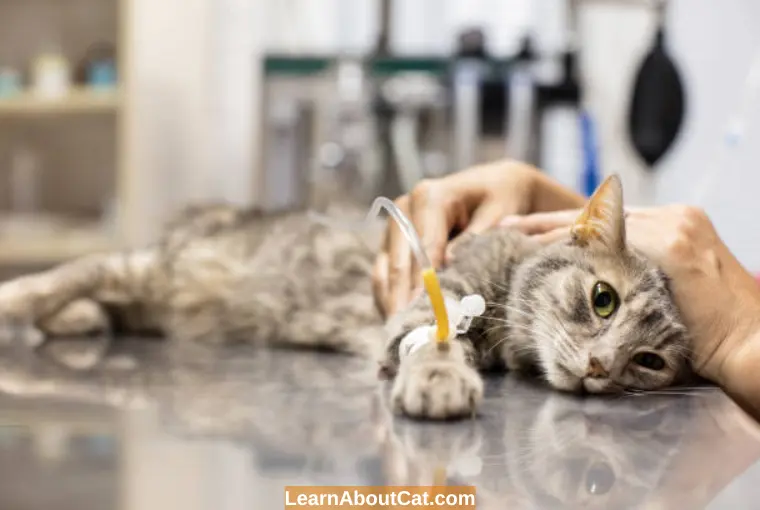
Signs Your Cat Has Thyroid Disease and Is Dying
Thyroid illness left untreated might result in several consequences. The following are some typical indications that your cat is succumbing to thyroid disease:
- Deep breathing brought on by heart illness
- Kidney illness
- Severe hydration and seizures
- Some cats with severe thyroid issues may finally get so exhausted and short of breath that they pass out.
- Extreme loss of weight
- High blood pressure causes a sudden onset of blindness.
You should certainly have your cat checked for thyroid illness if it exhibits one or more of these clinical indications and is older than ten years. Diet and medicine are used to treat it. Treatment aims to manage the thyroid condition and make the cat feel better.
When to Put a Hyperthyroid Cat to Death?
Talking to your vet is highly recommended since euthanizing your cat is not easy. To ensure you are doing the best for your furry buddy, they may go over each of the following considerations with you.
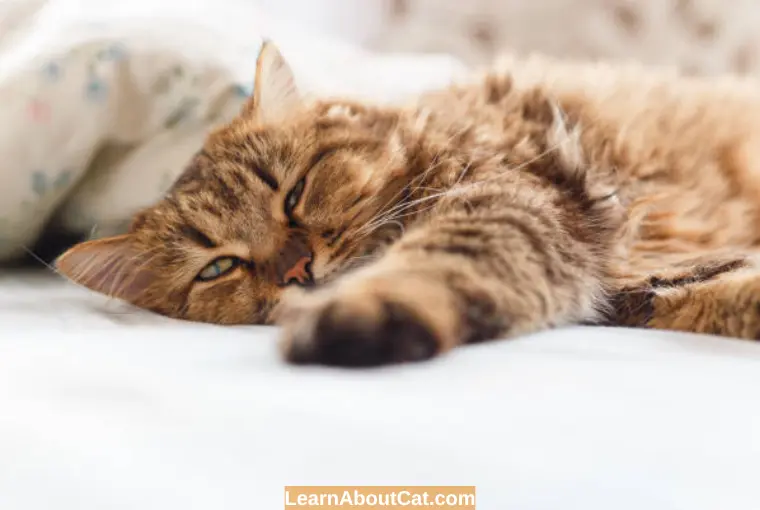
1. How is Feline Buddy Feeling
How is your cat doing with its medication? Does it still appear generally comfortable and healthy in day-to-day life? If so, you might wish to wait a little longer before performing euthanasia. Although your cat may be unwell, its quality of life isn’t much of a difference.
However, it can be nicer to put your cat to sleep if they have lost a lot of weight, appear to be in agony, or is otherwise showing signs of deteriorating health.
2. Stage of the Illness
Your veterinarian will always consider the stage of the sickness it is now in when considering the possibility of euthanizing your cat. Early stages frequently respond favourably to therapy and may even be fully curable!
However, if your cat is already in a terminal stage, it probably already demonstrates some of the deadly symptoms listed. There isn’t much you can do for your cat right now; it might be time to end its suffering.
3. Age of Your Cat
Although elderly cats are more likely to have hyperthyroidism, younger cats can also have it. The likelihood of your cat recovering increases with age.
For instance, if I had two cats with advanced thyroid illnesses, the younger cat would have a far higher quality of life than the older cat. A younger cat is, therefore, less likely to require euthanasia.
4. Comorbidities
The topic of comorbidities must be covered last but not least. When your cat additionally has a problem like heart disease or renal illness, treating hyperthyroidism becomes considerably more difficult. If hyperthyroidism is not treated early, these diseases will probably develop.
Frequently Asked Question
What are the last stages of feline hyperthyroidism?
The cat may have weight loss, renal issues, and even eyesight loss during the latter stages of hyperthyroidism if the disease worsens despite the veterinarian’s prescribed therapy or if the condition is first found after it has already progressed.
How long can a cat with thyroid issues survive?
The typical lifespan of cats with diagnoses that get solely medical care is between three and five years. To screen for secondary illnesses, it is advisable to do a complete blood work examination on afflicted cats.
Even in its senior years, a cat with thyroid illness may enjoy a day of a full life! Thyroid illness in cats may, for the most part, be effectively treated and controlled.
Final Words!
Early identification and preventative treatment allow thyroid illness to be readily controlled and cured. When detected early enough, hyperthyroidism is curable with surgery, medication, and iodine treatment. However, if untreated, it can turn lethal. Significant weight loss, vomiting, diarrhoea, urine incontinence, heart problems, and seizures indicate that your cat has thyroid disease and is dying.
Although you can’t make your cat live forever, you can ensure that it’s as healthy as possible. Take good care of your cat and go to the vet frequently. Your life becomes more important when you care for your feline family member.
Related Posts:
Who is Isabella?
My name is Isabella, and I am a dedicated and knowledgeable cat enthusiast. With years of experience caring for cats and a deep love for felines, I made a mission to help other cat lovers navigate the challenges of cat ownership.

